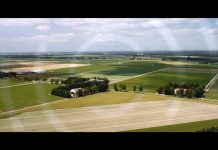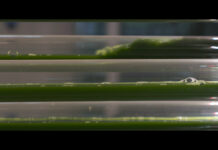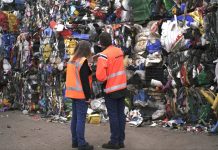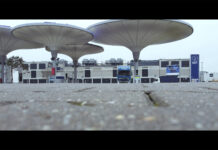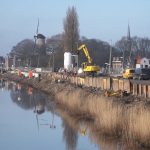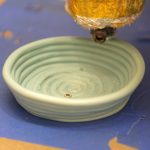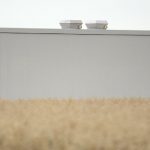Biodiversity or variety of life, is gradually decreasing. More and more we’re warned about this.
What exactly is the loss of biodiversity and where does it happen? Looking for answers we set out with Ton Eggenhuizen, urban ecologist in Almere. Because in the city there’s loss of biodiversity too.
Vision Ecology
The city council of Almere has passed the ‘Vision Ecology’. According to Ton with the purpose ‘to give more attention to the rich nature in the city, hoping everyone will contribute to this. The ‘Vision Ecology’ is based on the three Cs: the C of connecting, the C of connecting and the C of connecting. We want to connect natural areas with each other, but also to connect people with nature.
Maybe that is most important. Connecting people with nature and also connect the naturally present context with your plants. The latter is harder, but what we actually mean with that, is we don’t want to make to much nature. We want to use the opportunities the soil, the climate and the water system offer to produce an ecological system. So, not too much ‘creating’, but simply seizing the opportunities that the system gives us.”
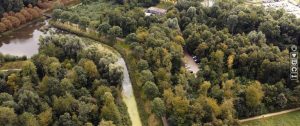
Connecting natural systems
Ton tells about the importance to connect natural areas. By this he doesn’t only mean the parks and green areas of the city, but also the gardens of the residents. ‘For example, if you make your garden hedgehog friendly and your neighbors have a hard fence with a concrete edge at the bottom, then that hedgehog has nowhere to go. Then you can make a beautiful hedgehog-friendly garden, but that hedgehog needs many more gardens, he can’t live on one garden.’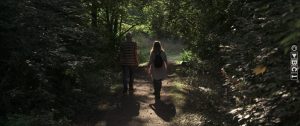
Will more plants and trees make a difference?
If we plant more plants in our gardens at home or at work, and the municipality plants more trees, will that be the solution, or do we have to do more? Ton thinks these are important steps. He does indicate, however, that it is best to coordinate that. 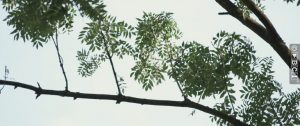
Are sustainability and biodiversity conservation expensive?
“No, says Ton, that also has to do with your perspective of time. It may be expensive in the short term, but in the long term it’s even cost efficient and makes money. However our budgets are often for a very short time frame. For example take greenery and playing outside, children who play outside are healthier. Less suffering of obesity. Obesity causes heart problems later on, when those children are 50 years old. But that will be in 50 years, while the budgets we have now are often for one or four or five years. And those avoided health costs, that’s over a much longer period of time. So we have to learn to look at much longer periods, we really have to make a big change in that.”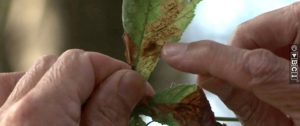
Curious to hear more from Ton? Watch the video.
Also interesting:
Circularity a necessity to maintain profitability
Natural farming better for biodiversity


